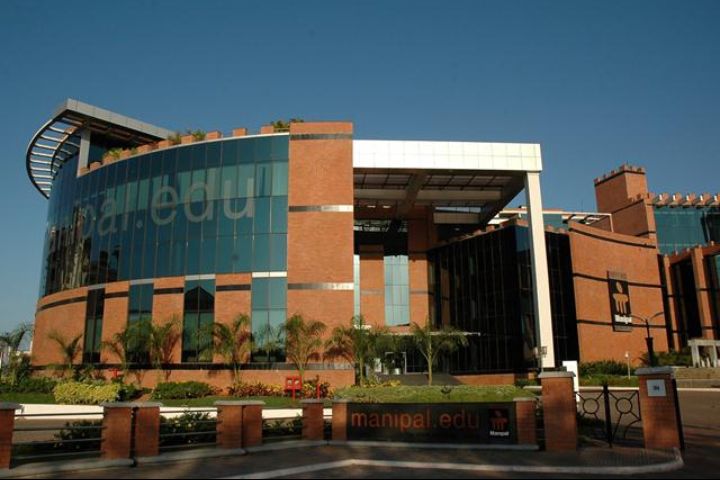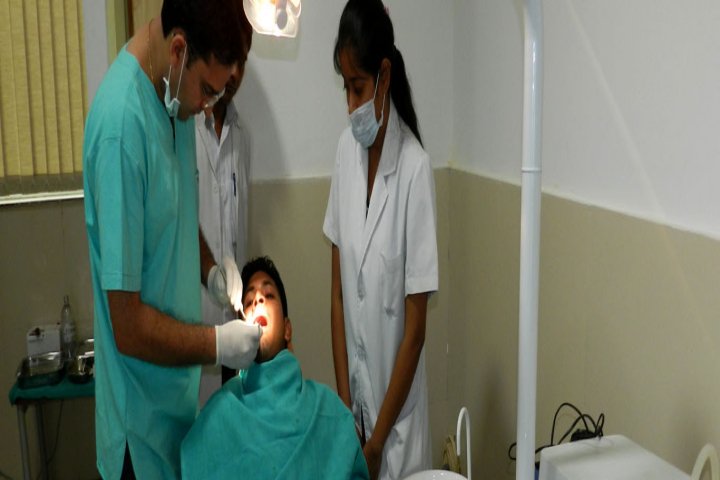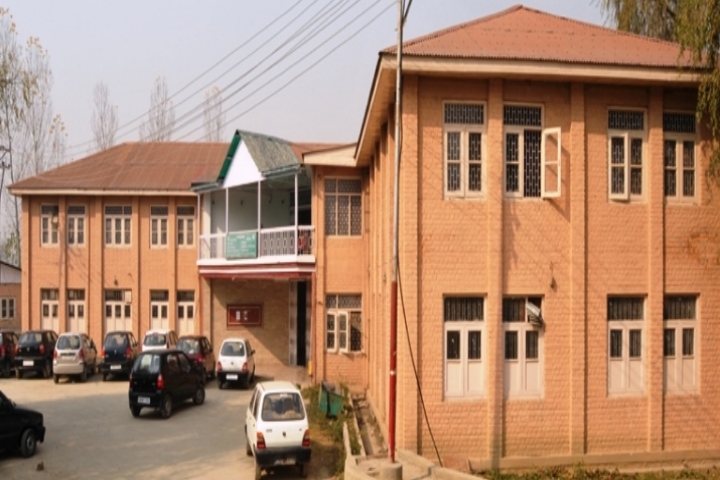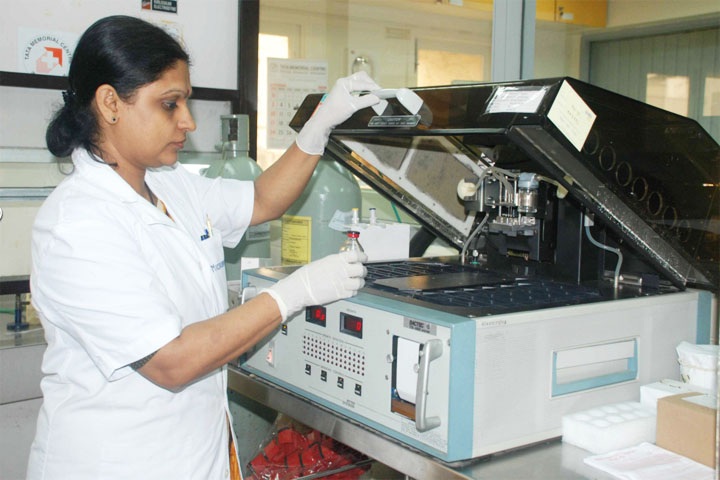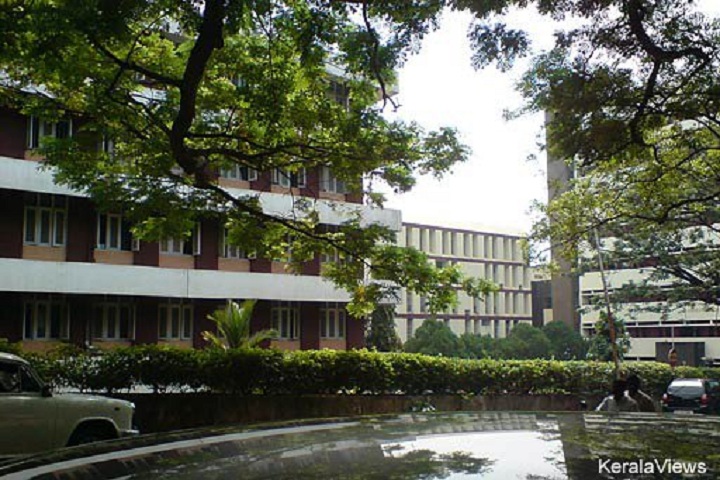What is Radiotherapy
The course of Radiotherapy is a 3-year long undergraduate program for the study of radiotherapy. Radiotherapy is a branch of science that deals with the study of radiotherapy and it’s implementation to treat cancer patients. It is also known as XT or XRT.
Radiotherapy is a very important method in the treatment for cancer patients as it helps in the destruction of the cancerous cells to prevent the spread of disease before or after surgery. It is the secondary treatment which is coupled with chemotherapy to stop the further spread of disease.
Students who have completed their Bachelors in Radiotherapy work closely with radiation oncologists in treating the cancer patients, although it is also used for some non-cancerous diseases. Students who have a keen interest in biology and a broad understanding of physics can have a lucrative career in this field of science.
Eligibility Criteria (UG & PG) of Radiotherapy
Undergraduate Level
Candidates must have passed 10+2 from a recognised board with Physics, Chemistry, and Biology as mandatory subjects.
Candidates must have scored a minimum aggregate of 50%.
Postgraduate Level
M.Sc Radiotherapy- The candidate must have passed BSc in radiotherapy with a minimum score of 50%
MD Radiotherapy- A candidate who wants to pursue the course of Doctor of Medicine must have a radiotherapy degree in MBBS from a university recognized by the Medical Council of India with a minimum aggregate of 50%.
Doctorate Level
Candidates should have completed M.Sc. Radiotherapy from a recognised university with a minimum aggregate of 50%.
Entrance Exam for Radiotherapy
For Undergraduate level
AIIMS Paramedical Entrance Exam – It is a national level entrance exam conducted by All Indian Institute of Medical Science for admission in paramedical courses. The exam is conducted through online mode in June.
CPNET (Combined Paramedical, Pharmacy, and Nursing Entrance Test)- It is a state-level entrance examination conducted by Uttar Pradesh University of Medical Sciences for admission in Pharmacy, Paramedical and Nursing courses. It is conducted through offline mode in September.
For Postgraduate Level
NIPER JEE – It is a national level Joint Entrance Exam held across India for providing admission in pharmacy, paramedical, technology courses. It is held in September through online mode.
PGIMER – It is conducted by Post Graduate Institute of Medical Education & Research, Chandigarh for admission in PG courses. It is conducted through offline mode in the month of January-July.
For Doctorate Level
College Predictors VIEW ALL
Scope of Radiotherapy in India and Abroad
Cancer is a very severe illness, many people across the globe get affected by it and undergo treatment which creates a huge demand for outstanding professionals of radiotherapy.
The branch of radiology is not fully developed in India, many radiotherapy units are being set-up in hospitals and private domains making radiotherapy a rewarding career which provides the young and innovative BMRT student a better scope in growth and development of this field.
Students who aspire to settle in tier 1 cities are privileged in this case, as a maximum number of radiotherapy units are concentrated there. Radiotherapy is a very important branch of medicinal science which provides a stable career to young individuals, with suitable duty hours (mostly 9-5) unless there’s an emergency.
Course Fees Radiotherapy
| Minimum Fees | Maximum Fees | |||
|---|---|---|---|---|
| Private | Government | Private | Government | |
| UG | ||||
| PG | ||||
| DIPLOMA | ||||
Course Subjects
Radiotherapy is the branch of science which deals with the treatment of cancer. The various topics that are widely taught in this course are-
Human Anatomy
Physiology
Biochemistry
Diagnostic Imaging Technique
Radiographic Photography & Image Processing
Radiology
Microbiology
Pathology
Radiation Hazards and Protection
Ultrasound
Environmental Science
Anaesthesiology in diagnosis
Doppler and Echography
CT Scan
MRI
Careers in Radiotherapy
Radiotherapy is a very important field of science for the medical sector as it helps in treating various diseases and is widely studied in India and abroad because of its wide application.
Due to meteoric urbanisation and globalisation, the increase in the number of diseases is immense and so is the development of healthcare services, which has to lead to the requirement of high-tech devices that can detect and treat severe illness.
Radiotherapy has immense scope of employment opportunities as it is the only means to detect internal diseases, the BMRT graduates can be employed in hospitals or diagnostic centres.
The major field of employment for bachelor’s in radiotherapy are as follow:
Colleges & Universities
Diagnostic Labs
Government & Private Hospitals
Nursing Homes
Public Health Centres
Upcoming trends
The use of radiation in the medical field has been done for decades, it is used for medical imaging which is a very important method to diagnose various diseases.
But in recent times the use of radiation has not just been restricted to diagnosis but it is also being used in the treatment of diseases.
Although radiations are harmful to our body parts and can be fatal but recent studies suggest that the use of radiation can be revolutionary in the treatment of cancer.
Some of the major future possibilities of radiotherapy have been listed below –
Implementation and improvement in the field of radiotherapy will increase the chance of cancer patient's survival by 5%.
The treatment of cancer in future will become personalised, the patient’s treatment will be planned based on the cellular and metabolic image of the tumour.
Recent studies show the possibility of using a non-invasive imaging method to measure tumour response to treatment to make potential modification during the treatment.
Job Profiles and Top Recruiters
Radiotherapy Job Profiles
The various job profiles for a student majoring in radiotherapy are as follows-
Job Profile | Description |
MRI Technician | MRI Technician's responsibility includes scanning images of patients to detect the problem of the disease, produce quality images of the specific body parts. They work under the supervision/reference of physicians. |
Radiology Nurse | A Radiology Nurse helps in assessment, planning and monitoring patients who undergo the diagnostic and therapeutic procedure. They work as an aid to the doctors. |
Radiation Therapy Technologist | They help the patients in the treatment of diseases such as cancer. by providing radiation therapy as prescribed by radiologists. |
Radiologist | A Radiologist is responsible for monitoring the patient and processing images of required organs and body parts, they work under the guidance of oncology physicists and radiation therapists. |
Nuclear Medicine Technologist | The nuclear medicine technologist is a specialized professional in the field of radiology. They primarily focus on the study of the body’s physiology to successfully diagnose and treat a wide range of diseases. They research and prepare radioactive substances known as “Radiopharmaceuticals”, which are coupled with other medications and treatments to help the patient. |
Lecturer | Lecturers are the educational aid that educates the students about their field of study. |
Radiotherapy Top Recruiters
Narayana Hrudayalaya Ltd
Aster Medcity
Medanta
Kamalnayan Bajaj Hospital
Cactus Global
IBA
GMC Jammu
Tata Memorial Centre
Ex-Servicemen contributory health Scheme
Average Salary
Salary is an important factor for students to decide the course they want to pursue after 10+2. A BMRT professional can easily bag a good package worth Rs. 2-8 Lakhs p.a. (Approx.), however, the salary is dependent on various factors such as the college you’re graduating from, your skills and experience in the radiotherapy field, and the employer. The scope for growth in this field is immense.
Job Profile | Average Salary |
MRI Technician | Rs. 3-5 Lakhs p.a. (Approx.) |
Radiology Nurse | Rs. 4-7 Lakhs p.a. (Approx.) |
Radiation Therapy Technologist | Rs. 8-10 Lakhs p.a. (Approx.) |
Radiologist | Rs. 2.5 – 4 Lakhs p.a. (Approx.) |
Nuclear Medicine Technologist | Rs. 6-8 Lakhs p.a. (Approx.) |
Lecturer | Rs. 5-8 Lakhs p.a. (Approx.) |
Required Skillset for Radiotherapy
The field of radiotherapy is not fully developed in India and most of the jobs are concentrated in major cities in India making the competition very tough. Academic brilliance and industrial skills are the main factors that influence the employers, but not the only factor.
In a competition like this having academic knowledge won’t be enough, therefore to have a lucrative career it is important to have both hard and soft skills. Some of the skills important for the healthcare industry are:
Communication skills- As a healthcare professional you have to deal with different kinds of patients and clients and to make the process smooth and effective it is important for you to have to be good in communication.
Reading skills- As we know it is a field in which professionals have to deal with vulnerable human beings, therefore having information and knowledge about their experiences will be helpful. The knowledge of all the latest developments in the field is also important to remain effective. One has to be an avid reader and have a great understanding.
Compassionate Heart – The patients or clients that come for radiotherapy are in a vulnerable state and having a compassionate personality will soothe your patients and give you a better understanding of their state of mind. A medical professional should be able to console their client and give them hope.
Monitoring skills:- Cancer is a severe condition which takes a long time to heal, involves a lot of painful procedures, hard work, therefore, observing and maintaining a patient's record will enable the professionals to track their patient’s recovery.
Course Curriculum for Radiotherapy
BMRT is a 3 year-long full-time paramedical course in the field of radiotherapy. The course deals with the study of radiation therapy and its uses to cure diseases such as cancer. It is designed to develop a student who is professionally equipped and well versed in areas such as Radiation Physics, Radiobiology, Radiation Oncology, and Chemotherapy.
The curriculum of radiotherapy focuses on both theoretical knowledge and practical experience, apart from the academic brilliance a student must have done an internship under an experienced senior.
Popular Radiotherapy Entrance Exams in India
Frequently Asked Questions (FAQs)
Question: Which course is better, Diploma or Bachelor’s in radiotherapy?
Answer :
Radiotherapists work under radiotherapy Oncologist, they extensively work to treat cancer patients. They should have sound knowledge of radiotherapy as their job also includes operating machines, such as linear accelerators thus to be successful in this field you should at least have a Bachelor’s degree.
Question: What is the best career option after completing B.Sc Radiotherapy?
Answer :
After completion of the b.sc radiotherapy, the best option is to obtain a master’s degree to become certified medical dosimetrists(CMD).
Question: How can one become a radiation oncologist?
Answer :
To become a radiation oncologist, one has to study Doctor of Medicine (MD) in Radiotherapy after completing MBBS (4.5 years) degree with a minimum score of 50%.
Question: What is the average fee for radiotherapy courses?
Answer :
The fee structure of the radiotherapy courses is dependent solely on the college you’re seeking admission in, however, it may cost up to Rs. 80,000 per year.
Question: Which are the best colleges for radiotherapy?
Answer :
Apollo Institute Of Hospital Management and Allied Sciences
Nizam’s Institute Of Medical Sciences
Arya Bhatta Knowledge University


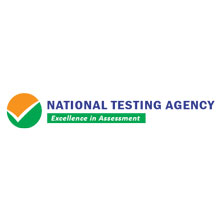

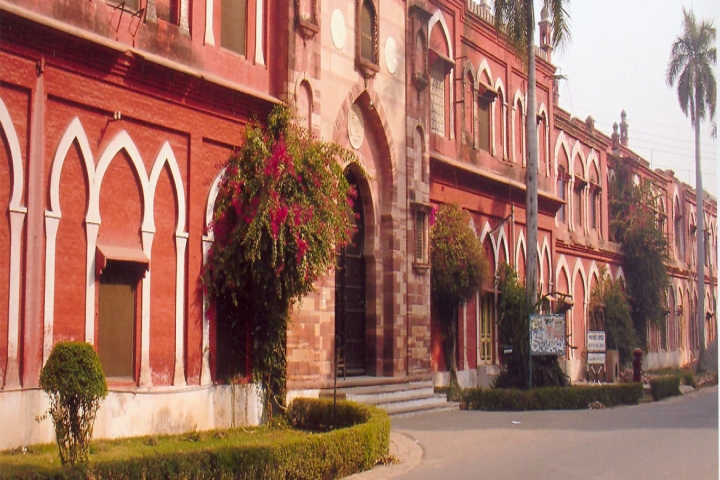
.jpg)
